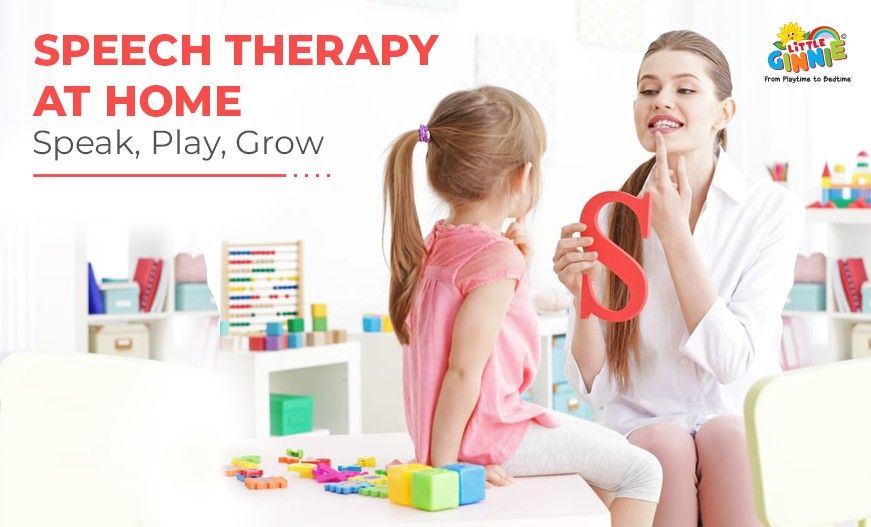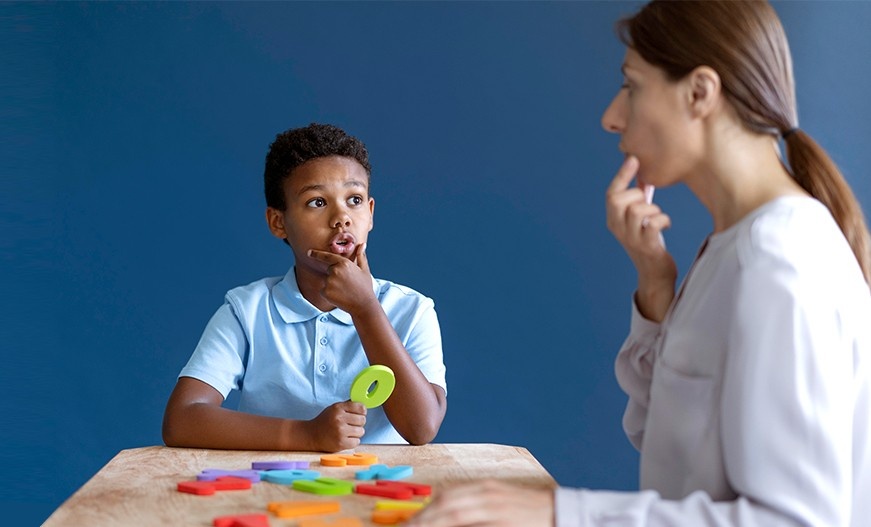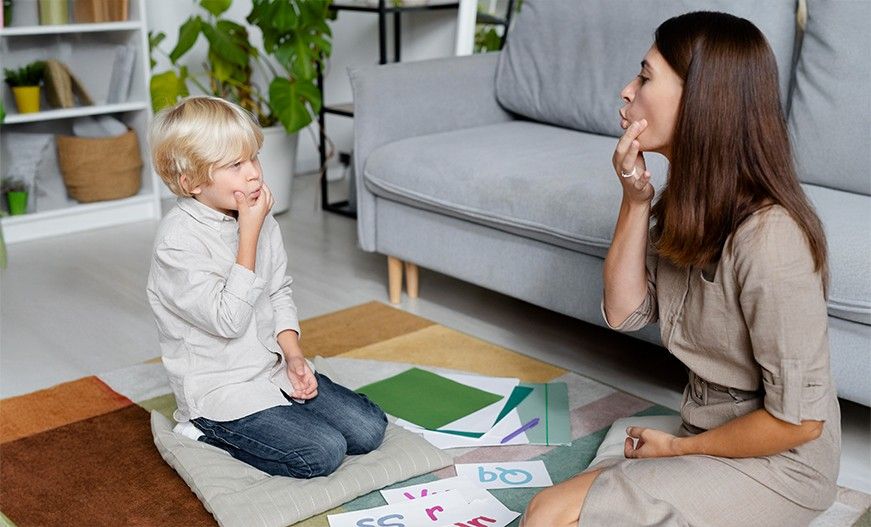Currently Empty: ₹0.00
Speech Therapy at Home

Written By: Pinky Kharata
Published By: Satya Narayan Pandey
Learn how speech therapy at home helps your child as Speech update lays the groundwork for successful communication. It allows children to connect with others and express themselves. It makes them understand the world around them better. Difficulty in speech could impact a child’s development and academic performance along with social interactions.
However engaging in some fun activities and home based speech therapy can empower your child to communicate effectively. It helps build confidence, enhance social interactions, and academic performance. Both children and parents have to collaborate together and create a mutually beneficial environment. Effective speech therapy at home would contribute to a greater sense of well being and overall quality of life.
Speech Therapy at Home: 10 Tips
Below are the few techniques parents can follow at home to enhance their child’s speech. They have to consistently implement these strategies for a few months to notice improvement in their child’s speech.

1. Communicate in Simple and Clear Language
Talking clearly and simply is important for kids. It makes it easier for them to understand words and short sentences. Parents have to avoid using technical terms, jargon, and be direct. This helps the kids to understand better and avoid confusion.
2. Give Your Child Choices
Giving choice to kids helps them learn to solve problems, make decisions, and express themselves better. When kids feel they have a say, they become more confident and take ownership of their learning.
3. Make it Fun
Parents can indulge children in some educational activities to make learning more fun for them. You have to remember every child learns differently, try various activities and find which one suits them the best. It helps in creating a relaxed environment and captures children’s attention. It encourages active participation and learning.
4. Add into Everyday Activities
Everyday activities such as mealtime and play time offers a valuable opportunity for children to practise their speech. Parents are advised to encourage kids to engage in conversation by asking more questions.
5. Sing with Them
Songs offer a consistent framework for children to learn new words. Songs like “wheel on the bus” introduces children to the concept of up and down. It helps them enhance their learning while using gestures.
6. Recite Poetry
Start by reading poetry to your children then reciting it with them. It helps in emphasising on language development and grasping the rhythm along with the flow of poetry. This will provide a strong foundation for their academics.

7. Read Story Books
When a child is old enough to read, make reading time interactive. You can ask them questions for the imagination to let loose. It will help stimulate their prefrontal cortex which is crucial for cognitive development.
8. Use Visual Aids
Visual aids are a powerful tool to connect children with an exercise. Flashcards and pictures can be used to enhance their learning experience. It will enable them to connect sounds and words to the images. This technique can be used to keep them focused, grasp the sequence of events, and learn appropriate behaviour.
9. Involve Family into the Activity
Involving the whole family into the activity would create a positive and encouraging environment for the child. Their shared understanding helps the kid to achieve their speech therapy goal effectively and efficiently.
10. Be Persistent
Speech therapy should be practised on a daily basis. Being persistent is a crucial part of speech therapy at home. It creates a predictable routine for the child allowing them to grasp the concept easily. Being persistent also creates a sense of comfort and security while practising.
Key Takeaways
Speech therapy at home offers a valuable opportunity to support a child’s development at the comfort and security of home. Being in their familiar environment enables children to incorporate speech therapy into their daily routine. Parents get to monitor the progress of their child and enhance their routine accordingly. It creates a special bond between a child and their parents. With patience and a lot of encouragement, speech therapy at home allows children to overcome communication challenges at home.
FAQs: Speech Therapy at Home
Q1: Can you do speech therapy by yourself?
Ans: Yes, you can do speech therapy by yourself. It is crucial to practice constantly to effectively communicate and monitor the progress simultaneously. Make a plan and follow it persistently.
Q2: How can parents help with speech therapy?
Ans: Parents can help by providing a supporting environment and positive reinforcements to motivate children. They can also engage in interactive activities such as reciting poetry or singing a song together.
Q3: What age is best for speech therapy?
Ans: There is no “fixed” age to start speech therapy. It depends on the child’s individual needs. However, it can be beneficial to start when delay in speech is seen in young children. By the age of 6 months a kid should be able to babble and by 12 months say at least a single word.
You May Also Like:
The Play Way Method – What And Why
Learn The Importance Of Indoor Games







